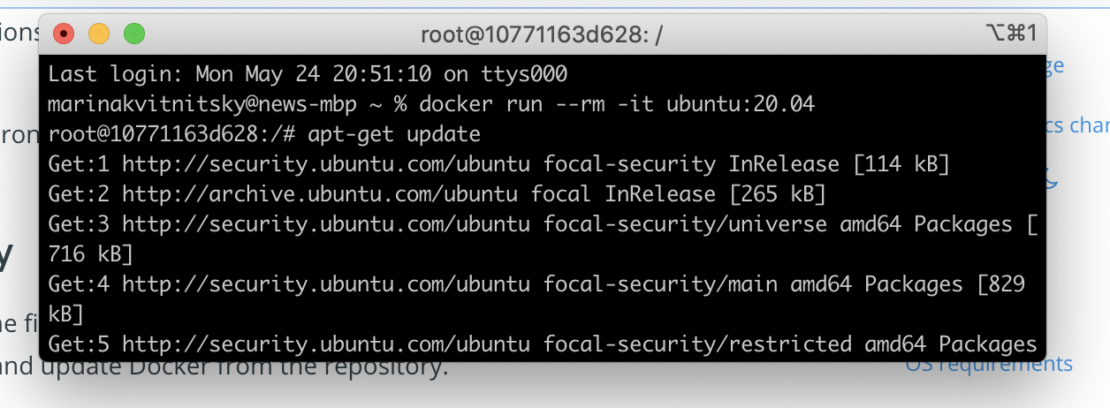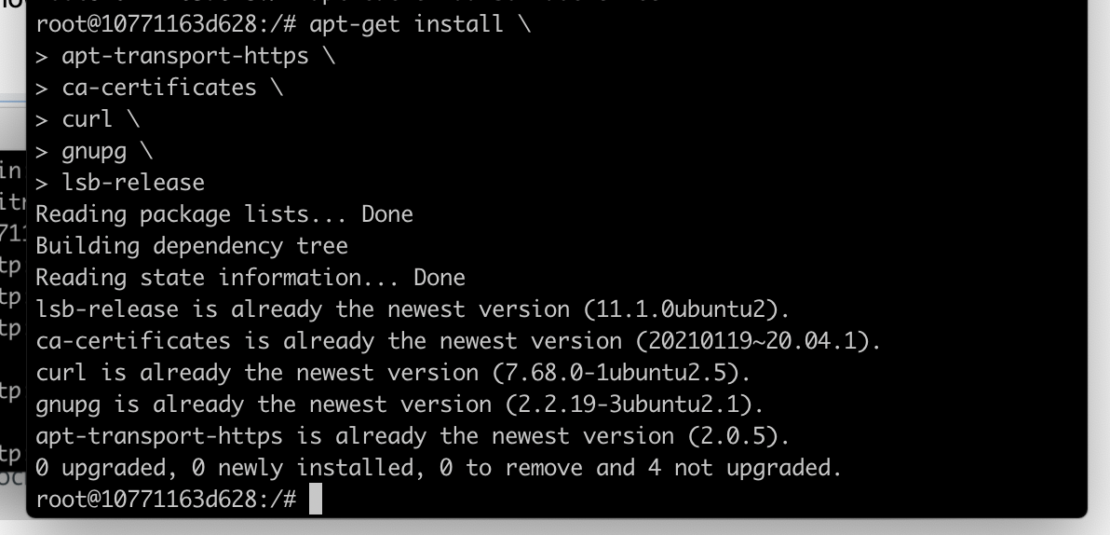At the end of last year we launched vulnerability scanning options as part of the Docker platform. We worked together with our partner Snyk to include security testing options along multiple points of your inner loop. We incorporated scanning options into the Hub, so that you can configure your repositories to automatically scan all the pushed images. We also added a scanning command to the Docker CLI on Docker Desktop for Mac and Windows, so that you can run vulnerability scans for images on your local machine. The earlier in your development that you find these vulnerabilities, the easier and cheaper it is to fix them. Vulnerability scan results also provide remediation guidance on things that you can do to remove the reported vulnerabilities. Some of the examples of remediation include recommendations for alternative base images with lower vulnerability counts, or package upgrades that have already resolved the specified vulnerabilities.
We are now making another update in our security journey, by bringing “docker scan” to the Docker CLI on Linux. The experience of scanning on Linux is identical to what we have already launched for Desktop CLI, with scanning support for linux/amd64 (x86-64) Docker images. The CLI command is the same docker scan, supporting all of the same flags. These flags include the options to add Dockerfiles with images submitted for scanning and to specify the minimum severity level for the reported vulnerabilities.
Information about the docker scan command, with all the details about the supported flags, is provided in the Vulnerability Scanning for Docker Local Images section in the Docker documentation. Vulnerability reports are also the same, listing for each vulnerability, information about severity levels, the image layers where vulnerabilities are manifested, the exploit maturity and remediation suggestions.
The major difference with scanning on Linux is that instead of upgrading your Docker Desktop, you will need to install or upgrade your Docker Engine. Directions for installing the Engine are provided in the Install Docker Engine section of Docker documentation, including instructions for several different distros, including CentOS, Debian, Fedora and Ubuntu. And because this is Linux, we have open sourced the scanning CLI plugin… Go ahead, give it a try, or take a look at this page for other Docker open source projects that may help you to build, share and run your applications
If you want to learn more about application vulnerabilities, and you missed DockerCon 21, you can go here for a recording of the DockerCon LIVE panel on Security, or watch a great session called ‘My Container Image Has 500 Vulnerabilities. Now What?’. Or, look for any other DockerCon recording… There were all sorts of great sessions on things that you can do to build, share and run your applications. Or, for more information about the Docker partnership with Snyk, and plans for future partnership collaborations, please check out this blog post by Snyk’s Sarah Conway


